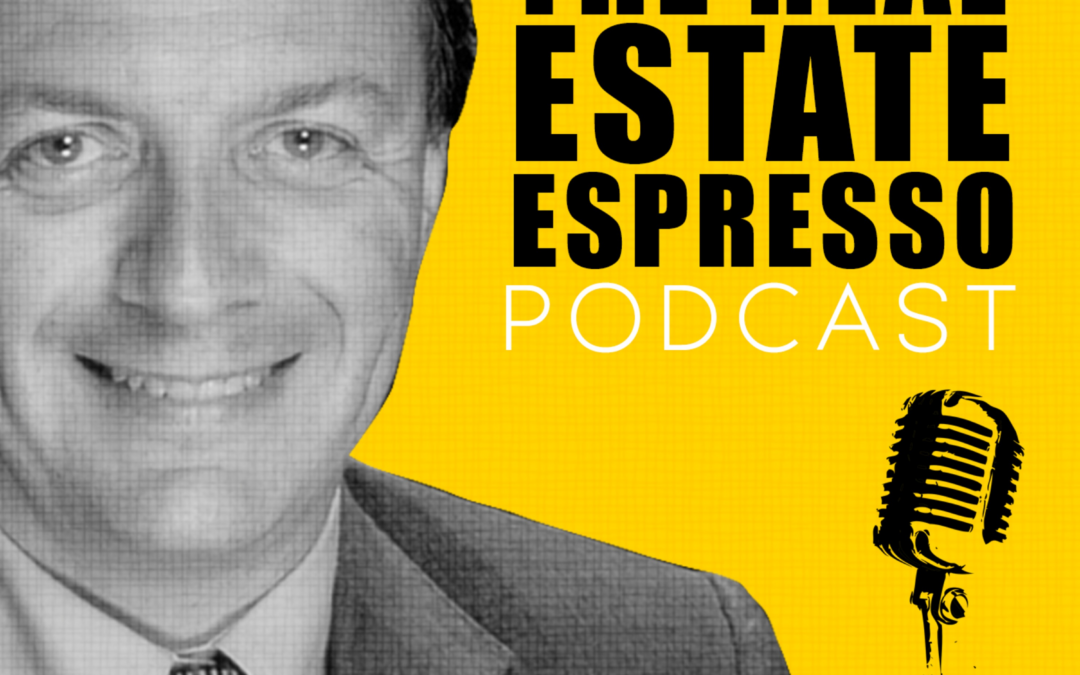On today’s show we’re talking about how the Pandemic is going to shape the near future for real estate investors.
Our entire economy situation, both in the US, Canada and much of Europe is based entirely on the printing of money by central banks.
Our entire economic system is fully dependent on the free flow of low cost debt. Every major sector of the economy has a financing plan associated with it. Virtually every facet of every family of every business is being supported by debt, and now government subsidies. Let’s look at debt for a moment.
Of course there are two types of debt, there is good debt and bad debt. Good debt is the kind that is paid off by an income producing asset. Bad debt is consumer debt that is strictly to pay for luxuries that people can’t afford to buy today. Some economies are more highly debt dependent than others.
For example, I walked into an electronics shop in the downtown area of Cancun Mexico, that is outside the tourist zone. The prices for most items were not listed. The only price listed was the bi-weekly payment if you financed that particular gadget. I saw the same thing at the supermarket. You could buy a motorcycle at the supermarket. The price listed was not the purchase price, but the bi-weekly payment. People were being socially conditioned to judge affordability based on how much of their bi-weekly paycheck they could allocate to that luxury. The same thing happens of course in the US, Canada and Europe, only to a lesser degree. When you go to the car dealership, the sticker price displayed on the vehicle is often the cost of a lease payment.
We can’t shut of the credit markets without creating economic collapse. But we have to acknowledge that we are way too dependent on credit for things that really should not be financed.
Our society has a planning horizon of two weeks. That sounds harsh. But there’s an element of truth to it.
The real question as to what will happen as a result of the pandemic rests on two fundamental questions:
1) When will the stimulus money stop?
2) When will the confidence in the currency collapse?
The US has largely exhausted the payroll protection program funds. They extended the period of time that payroll funds can be used. But they haven’t allocated any additional funds to the program or allowed borrowers to get access to more than 2.5 months worth of payroll. We are now 5 months into the pandemic.
The number of people collecting unemployment benefits started to decline in June but is now growing again.
The pandemic unemployment benefits in the US are set to expire at the end of July in less than ten days. There are still more than 32 million people collecting unemployment benefits between the regular state run programs, and the pandemic programs. Turning off the taps to relief money would create mass riots.
Deciding new benefits will be government’s task in the next week. The next question is whether to give the money to households or to employers.
In Canada, the emergency relief benefit being paid to businesses has been extended until the end of the year. I had a conversation with a restaurant owner yesterday who share that 75% of his payroll if being covered by government funding.
In April, at the peak of the shutdown, he thought his business was over. Today, he has opened up seating for 150 outdoors. He’s doing a robust take-out business, and the tables are busy and he’s making more money today than in his best months prior to the pandemic. When the subsidy disappears, he will need to reduce his staff by 50%.
As real estate investors, our income comes from our tenants. Our tenants get their rent money from their job, or lately from an unemployment benefit. As investors we need to acknowledge the uncertainty that depends entirely on what governments will decide in the coming week regarding further stimulus money.



